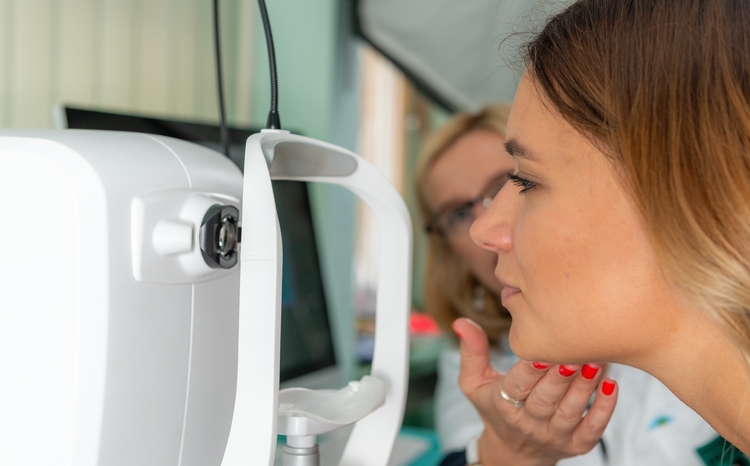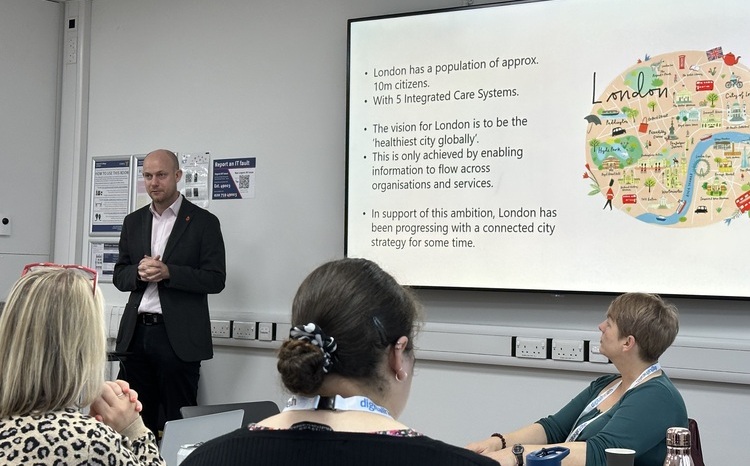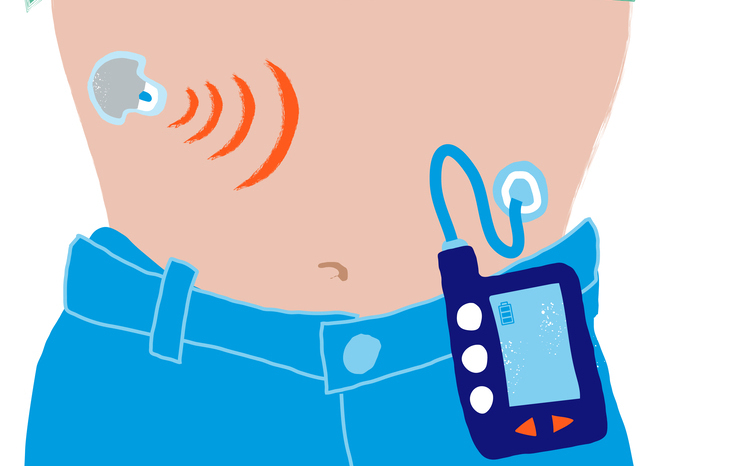Diabetes care guideline recommends use of IT
- 15 September 2005
New international guidance on type 2 diabetes management has included recommendations for making telephone support and electronic medical records available to patients.
The first Global Guideline for Type 2 Diabetes, published this week by the International Diabetes Federation, advises on three levels of care:
- Standard care; evidence-based care which is cost-effective in most nations with a well developed service base and national healthcare funding systems
- Minimal care, which seeks to achieve the major objectives of diabetes management, but is provided in health-care settings with very limited resources
- Comprehensive care, which includes the most up-to-date and complete range of health technologies that can be offered to people with diabetes, with the aim of achieving best possible outcome.
Guidance on standard care says that telephone contact should be maintained with patients between visits.
The comprehensive guideline says that patients should be given access to their electronic medical records via secure technology from remote sites and that they should be able to give permission for any healthcare professional to access the record.
The guideline adds: “Decision support systems might be available to the healthcare professional and perhaps to the person with diabetes.”
The guideline is based on evidence from around the world which was examined by a group of experts on the IDF’s taskforce. Reviews by the National Institute for Clinical Excellence are cited to support the use of telemedicine to improve process and outcomes and to improve links to people in rural and remote areas.
Though the guideline recommends access to electronic medical records it comments that evidence supporting this practice is, so far, descriptive without useful of analysis of patient-related outcomes. However, it says that the UK’s National Service Framework has found that giving patients access to electronic records can be empowering.
The guideline warns that type 2 diabetes is reaching epidemic proportions across the world and, in most countries, is now one of the leading causes of death through its effects on the cardiovascular system.
Professor Philip Home, joint chair of the IDF Task Force on Clinical Guidelines, said: "Estimations and projections all concur that the number of people with diabetes which may be reached in the next 25 years would qualify as the largest epidemic humanity has ever experienced.
“IDF recognises that immediate action is required and that by sharing evidence-based practice globally we can help alleviate the burden of type 2 diabetes by improving people’s lives and reducing costs to health-care systems. We must ensure all people with type 2 diabetes in Europe and in the world have access to cost-effective evidence-based health-care, and call on immediate action."
Link
Global Guideline for Management of Type 2 Diabetes




